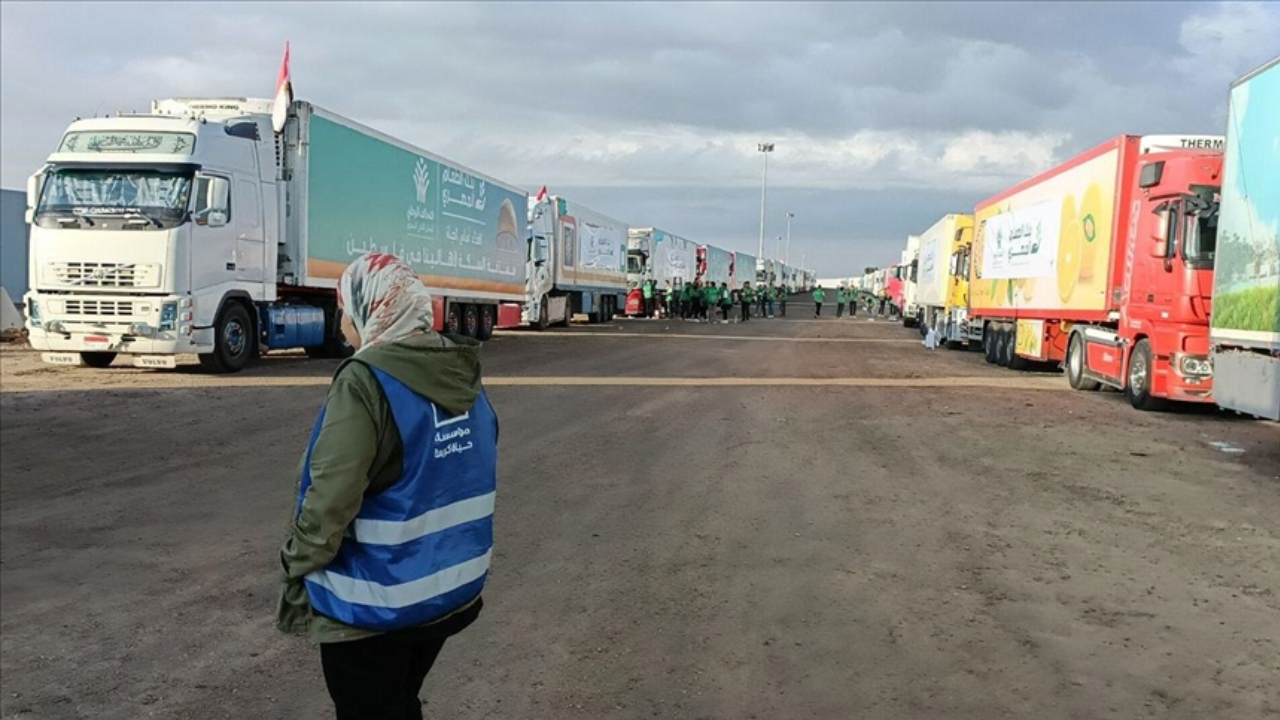Judging by the shock and the clearly improvised response to the 7 October terror attack that Prime Minister Binyamin Netanyahu and his ministers manifested, it was evident that they were taken by surprise. The planning and sophistication of the attack were seen as beyond the bandwidth of the terror organisation, many of whose leaders are millionaires leading comfortable lives in permanent exile. The possibility of covert backing from a superpower never entered the minds of Netanyahu and his associates. Many leaders of Hamas live in Qatar and others in countries that include Turkey. It is obvious that President Erdogan is completely out of step with the other members of NATO. In the case of the Hamas-IDF conflict, he has made little secret of his preference for the former by incessantly demanding from 9 October an immediate and indefinite ceasefire, complying with which would have enabled the terror organisation that has controlled Gaza since 2007 to commit future acts of terror against Israel. The welcome introduction by Israel of daily pauses in the fighting would enable civilians to escape to the relative safety of the southern part of Gaza. Initially, Hamas was intact enough to prevent any such migration, given that taking shelter behind innocent people is among the most used techniques of Hamas. In times past, elements of the LTTE came over from Sri Lanka to train fighters in the strip, and the influence of that organisation is pervasive in the widespread use of human shields by Hamas while fighting the IDF. Now that the Israeli Air Force and ground units have degraded the capabilities of Hamas and lowered the morale of its fighters, more and more residents of the northern part of the strip are able to make the journey to the south. Initially, much of the composition of such a population shift were elements of Hamas seeking to establish viable fighting units in the northern part and subsequently in the Sinai. Many of them were intercepted en route by the IDF, while President Al Sisi has been clear that the Sinai would remain out of bounds for anyone from Gaza, given the worry that it may be terrorists who are seeking safety in Egyptian territory. At the same time, humanitarian assistance directed to the civilian population needs to copiously flow into Gaza, starting immediately.
Given the reality of innocent lives being lost on a regular basis as a consequence of the crossfire between Hamas and the IDF, it is understandable that more and more countries are calling for an immediate and indefinite cessation of all hostilities. Were that to take place, Hamas could revive and regroup, which would not be in the interests of even those countries in the region who have been calling for an immediate ceasefire almost since the 7 October war erupted. Pausing battle for four hours every day would enable civilians unconnected to the military wing of Hamas to escape to the south, while units of the terror organisation would during the remaining twenty hours of the day face the IDF in its campaign to eliminate them. There has been some talk that Qatar could play a mediatory role. Doha can play a keystone role, not as a mediator but as an intermediary between Jerusalem and Washington on the one hand and Hamas on the other. Even in a war, talking to each other is needed. What needs to be avoided are steps that have the potential to widen the conflict, for while the present war is a tragedy, a regional war would be a catastrophe that would dwarf the impact that the Ukraine war and its accompanying sanctions have had on the global economy. Overreaction needs to be avoided in particular by Hezbollah and other groups supported by Iran. They need to avoid giving an excuse to those policymakers in Washington and Jerusalem who are eager to engage in a conflict with Iran that would be ruinous to all sides. As for post-Hamas Gaza, Netanyahu is in the same mould as Ariel Sharon, who damaged Israeli security in seeking to protect it by methods such as assisting during the 1980s Maronite armed groups to do battle with those in Lebanon who belong to a different faith. That error had the effect of multiplying the number of attacks on Israel by groups unhappy with the killing of innocents by the Maronite militias who were backed by Sharon. Security in Gaza needs to be principally looked after by an Arab force and not solely by Israel. Should Netanyahu, in effect, have the IDF occupy the strip, it will be impossible to prevent other terror groups from springing up. What needs to be remembered is the disastrous aftermath of the fall of Saddam Hussein in Iraq in 2003, when heavy handed US control of the country resulted in the development of a terror group in a way that had not been seen in Iraq before. Regional players have the most to lose from a revival of the terror machine in Gaza, for that would spread elsewhere. The Palestinian Authority and an Arab force need to be primary in establishing security in Gaza. Prime Minister Binyamin Netanyahu should not in 2023 go the way of President George W. Bush in 2003 after the IDF succeeds in eliminating the military wing of Hamas.
MDN
Allow humanitarian aid to Gaza
- Advertisement -

